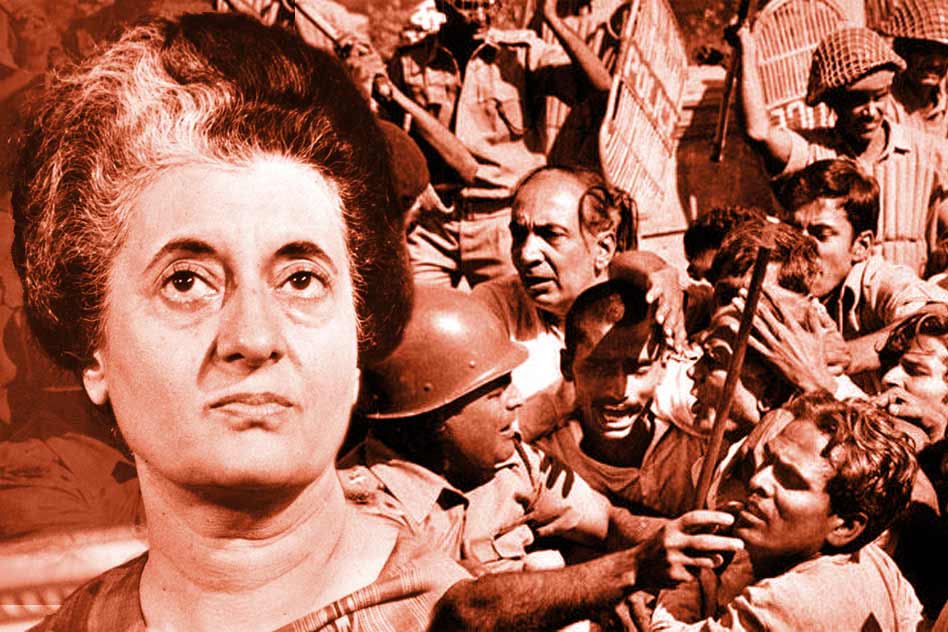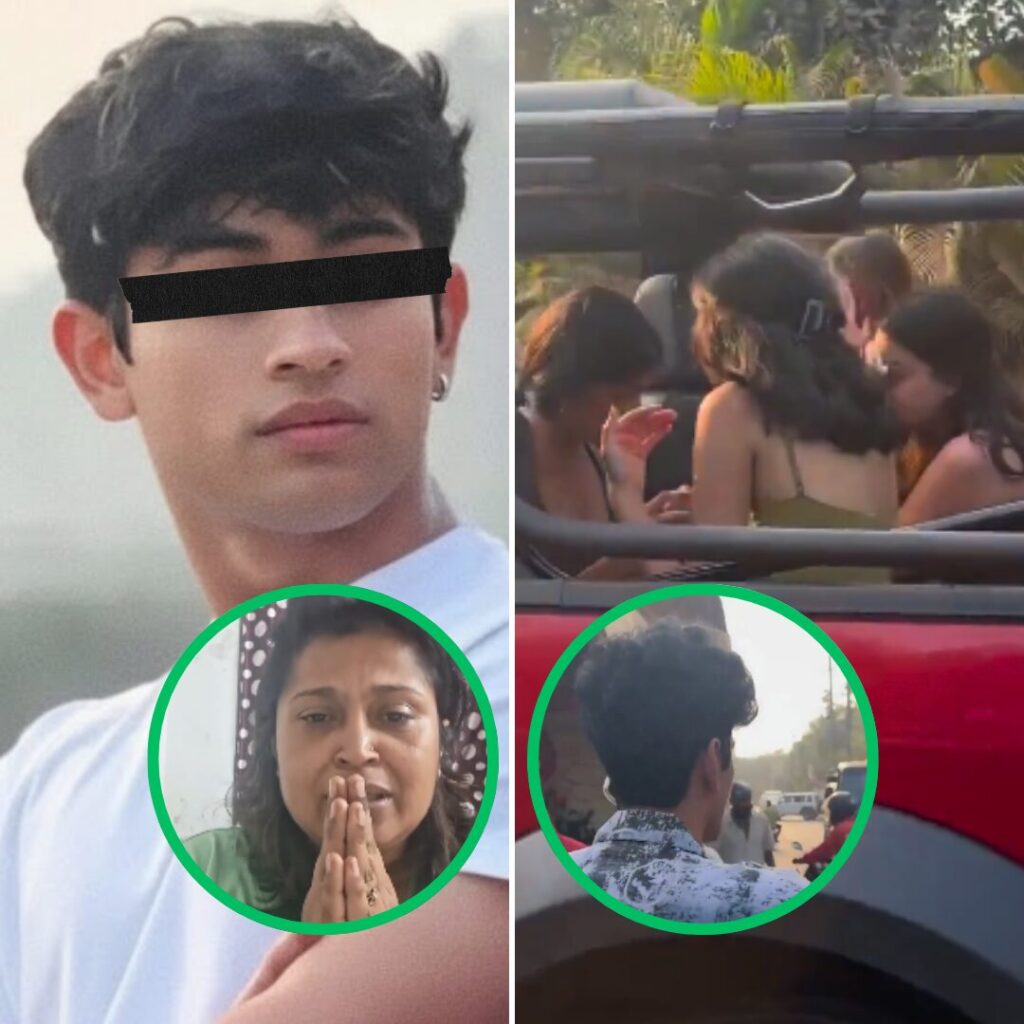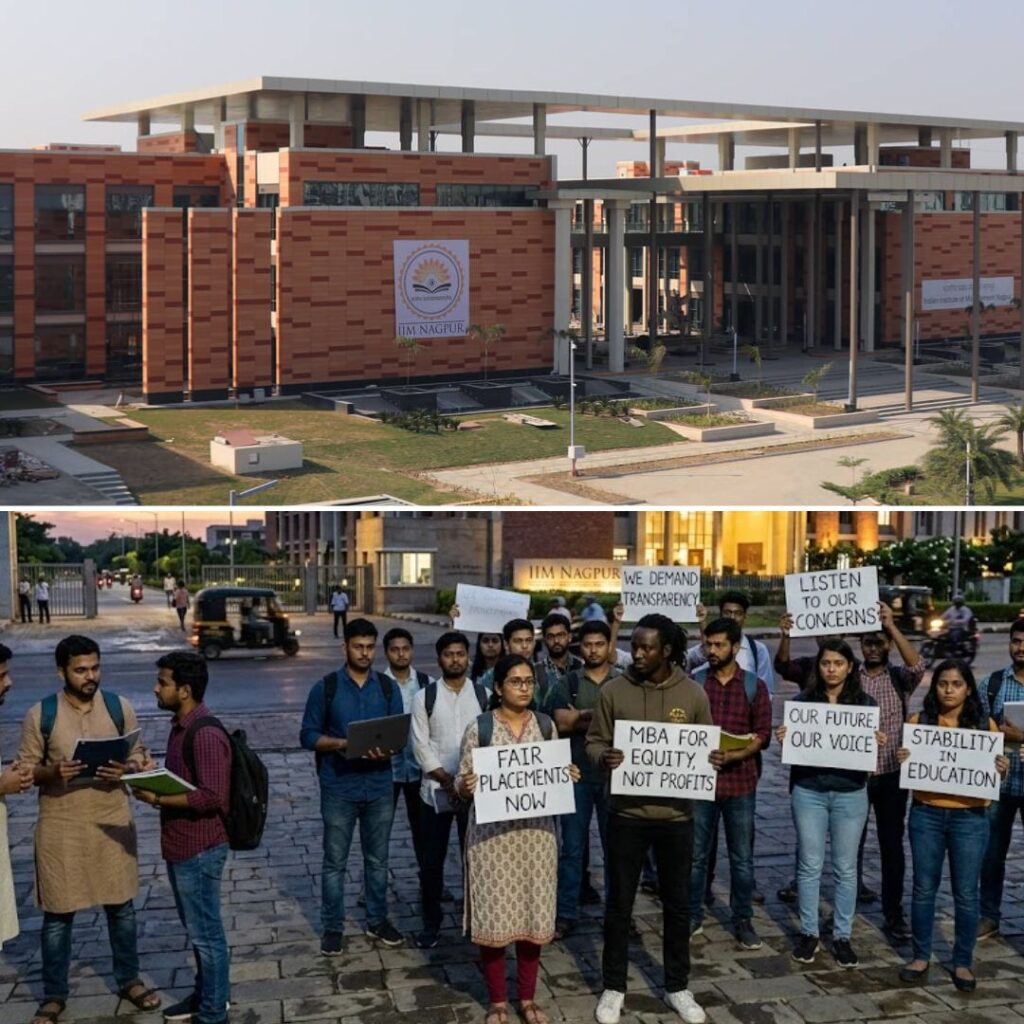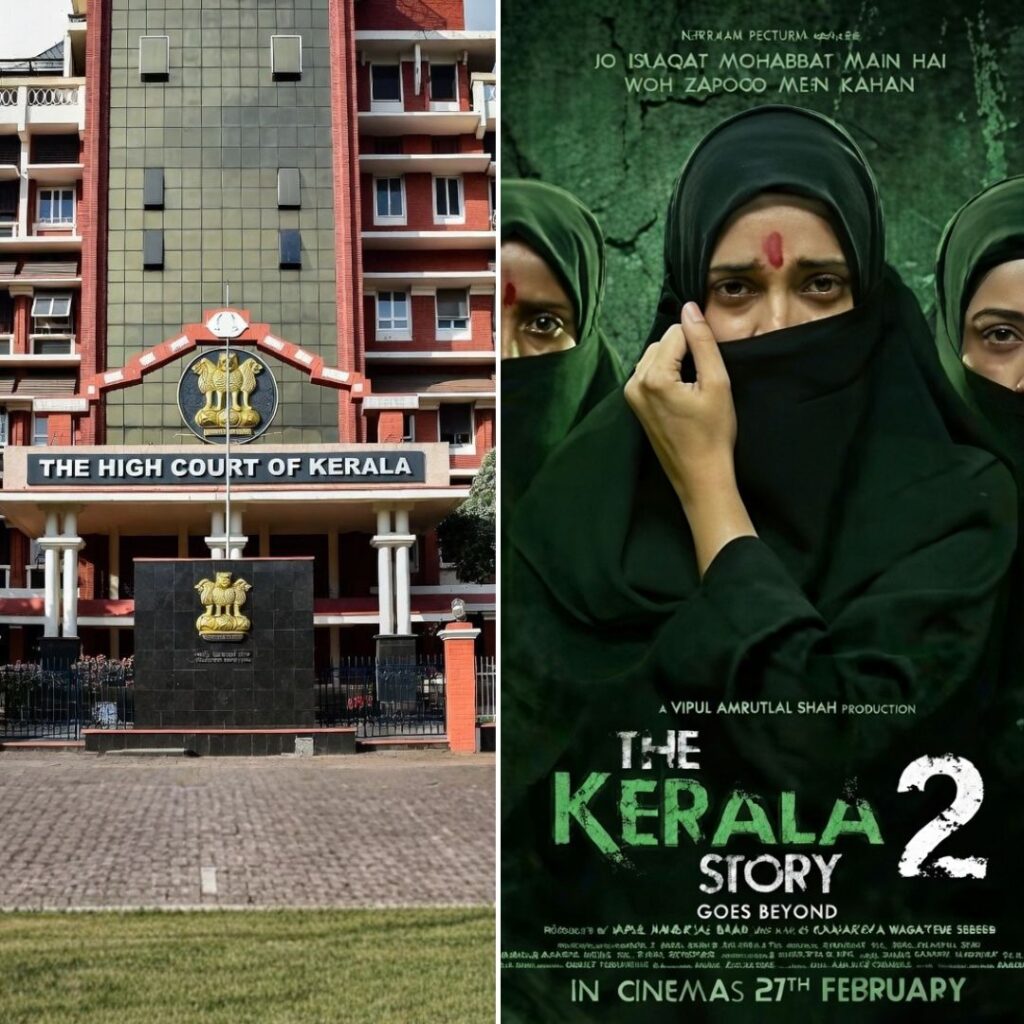On 25 June, 1975 a chain of events took place that would change India forever. Prime Minister Indira Gandhi and her advisors were discussing the Opposition’s threats of civil disobedience and particularly Moraji Desai’s rhetoric to a foreign journalist: “We intend to overthrow her … Thousands of us will surround her house and prevent her from going out … We shall camp there night and day …” The mood in the PM’s residence was anxious and desperate.
Ever since the Allahabad High Court had declared Mrs Gandhi guilty of electoral malpractices and nullified her election, the Prime Minister had faced an increasing wave of backlash. But that June afternoon Indira Gandhi’s advisors found a loophole in the Indian Constitution. It allowed her to declare an Internal Emergency on account of the Opposition’s threats which made the issue one of “national security”. The same night the President was ordered to sign the Proclamation of Emergency. After this Mrs Gandhi’s associates moved quickly.
The electricity supply for newspaper offices in the Capital was cut off, arrest warrants were issued for Opposition leaders, and a secret Cabinet meeting was held.
At 7 AM the next day, the Prime Minister went on the air through All India Radio to declare to the Indian people that a state of Emergency had been imposed.
So what did the Emergency imply? Essentially, at the stroke of the President’s pen India ceased being a democracy and was converted into a virtual autocracy. Civil liberties were suspended, media was censored, state and parliamentary elections were postponed, and anyone who wrote or spoke against the Government was put behind bars.
In the 21 months of the Emergency, 100,000 people were arrested and detained without trial. Every news report was cross-checked by the Government, hundreds of journalists were jailed, foreign reporters were deported, the Judiciary was silenced, and Government positions were filled by only those loyal to Mrs Gandhi. Several laws were rewritten without following the rules prescribed by the Constitution, billboards with Government propaganda were set up across the country and all forms of protests were banned.
India is famous for being probably the only country to have both a dynamic democracy and healthy economic growth. Almost all other countries which became free in the 20th century went through a period of civil war, military rule or political unrest.
This is the reason why India’s success story is so important historically: unlike China we have regular elections, unlike Russia we never had a Communist central government, unlike the UK we never colonised another country and unlike the USA we never had the benefit of geographical isolation. Consequently, the fact that India’s long tryst with democracy has been so peaceful and progressive is an argument in favour of democracy.
It was this argument that was challenged in 1975.
India let the world know where she felt at home – in the arms of democracy. In the elections that followed in 1977, Mrs Gandhi’s party lost 217 seats, her Government fell, media was uncensored, thousands of innocent people were freed, and India was a functioning democracy again.
The Emergency is one of the most controversial periods of Indian history. It was a period when India ceased being India, and was reduced to a dictatorship. A lot can be learnt from this period but the major lesson is this: the Indian people clearly declared that democracy, free speech and freedom are non-negotiable entities, and any Government that tries to attack these entities would pay dearly.














